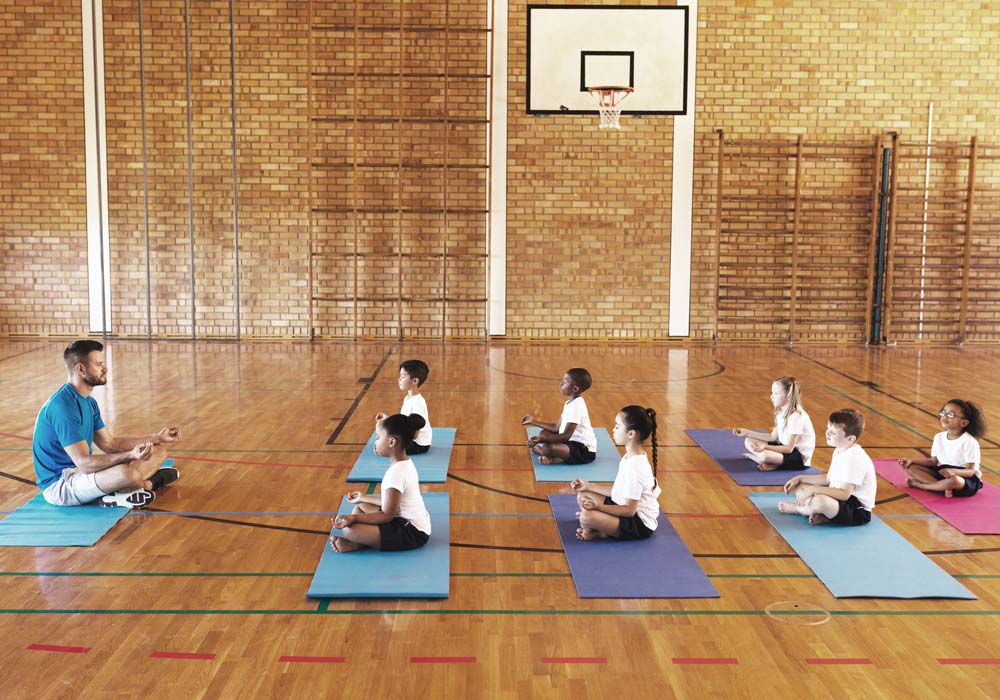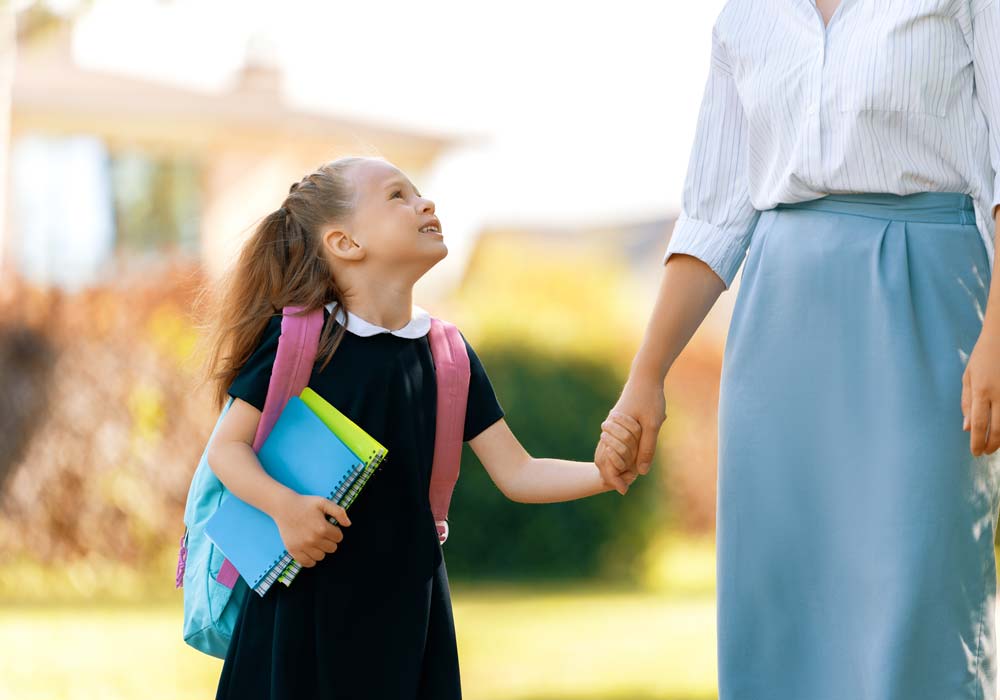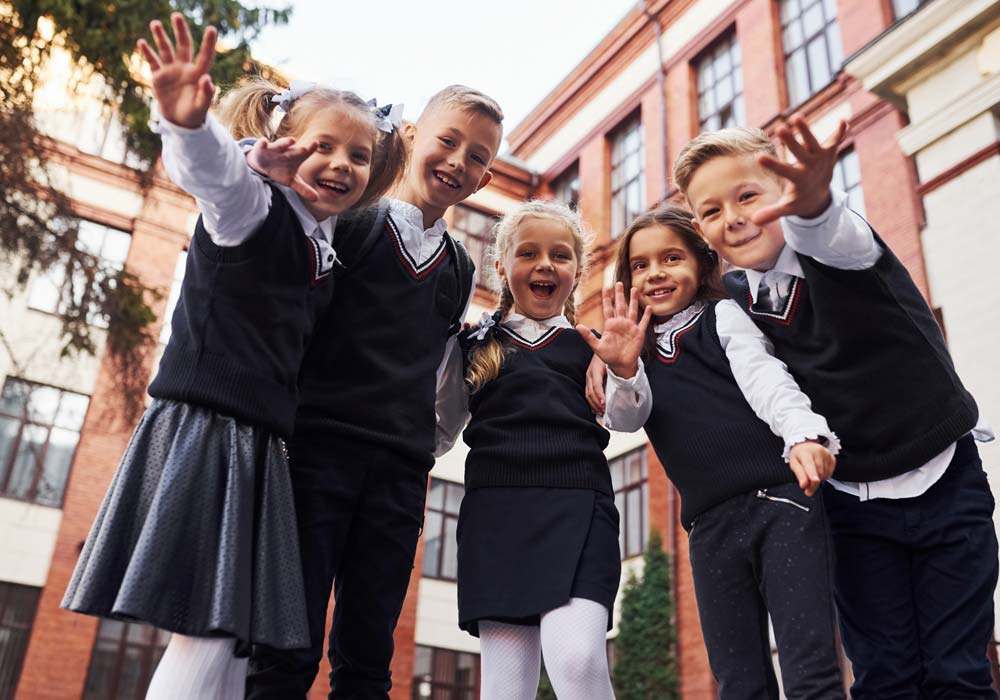13 ways to help students overcome social anxiety
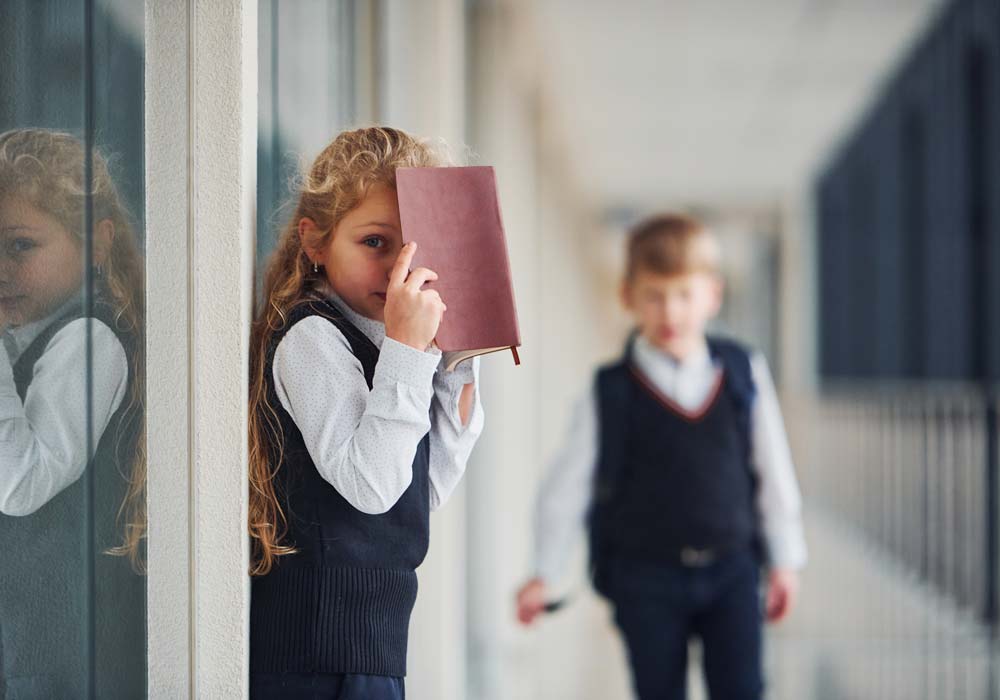
It's estimated that between 6% and 15% of school-aged children suffer from social anxiety disorder (SAD), making it the third most common mental health disorder among young people. That means that in a classroom of 30 students, two to four of them are likely struggling with this condition.
While some level of anxiety is normal and even healthy, social anxiety disorder goes beyond the occasional feelings of nervousness or shyness. For students with SAD, everyday activities like speaking in class, participating in group work or going to recess, can be overwhelming and extremely stressful. This can lead to avoidance behaviours like skipping school or refusing to participate in class, causing a multitude of negative outcomes.
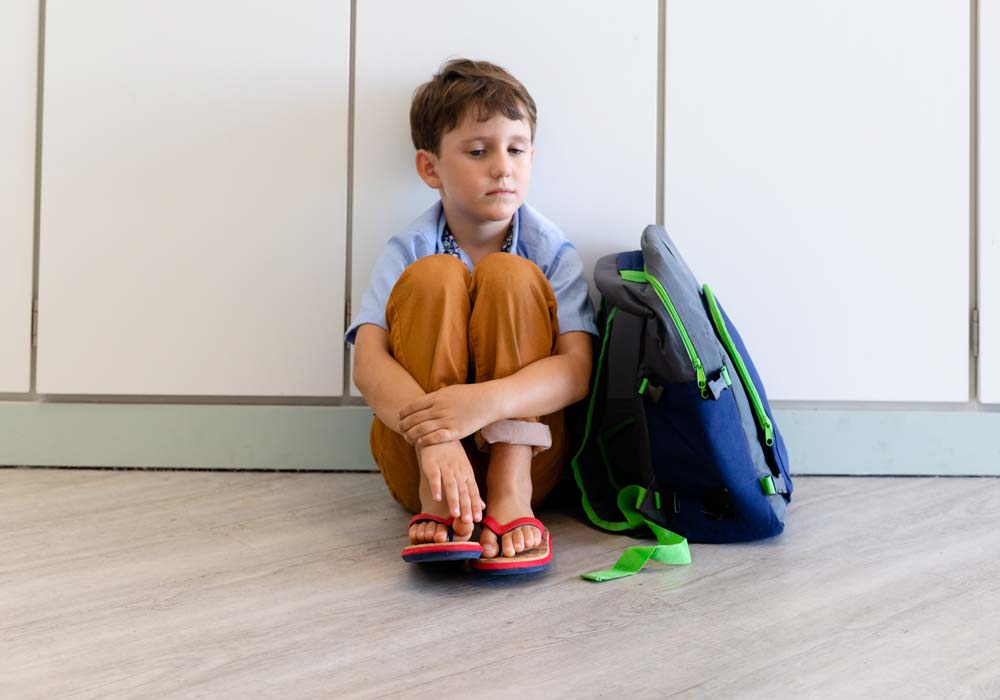 What are the various types of social anxiety?
What are the various types of social anxiety?
The most frequently seen types of social anxiety in children and adolescents are:
- Performance-based social anxiety: This type of social anxiety is related to fears about being judged or evaluated by others. Students with performance-based social anxiety might worry about making mistakes, looking foolish or feeling embarrassed in front of their peers.
- Interaction-based social anxiety: This type of social anxiety is related to fears about interacting with others, such as starting conversations, making eye contact or being assertive.
- Obsessive social anxiety: This type of social anxiety is related to a fear of being rejected or disapproved of by others. Students with obsessive social anxiety might worry about saying the wrong thing, offending someone or being rejected by their peers.
Causes of social anxiety
There is no single cause of social anxiety, but there are several factors that can contribute to its development.
- Life experiences: Negative experiences like bullying, abuse or trauma can increase the risk of developing social anxiety.
- Genetics: Social anxiety can run in families, so it’s thought that genetics may play a role in its development.
- Brain chemistry: Imbalance in certain brain chemicals (like serotonin) has been linked to social anxiety.
- Personality: People who are shy, introverted or have low self-esteem may be more susceptible to developing social anxiety.
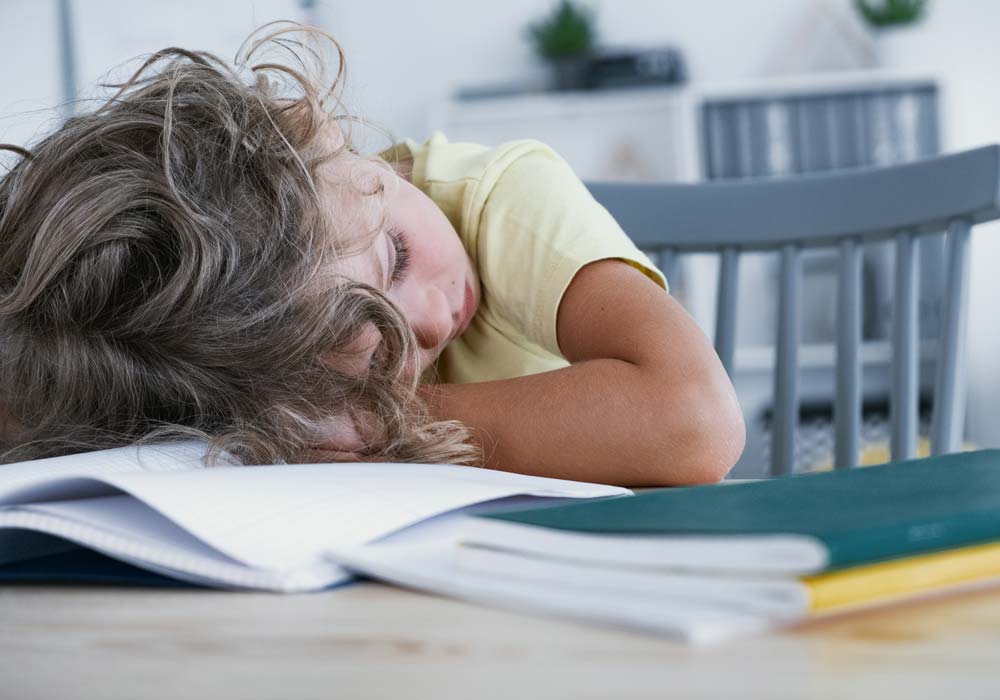
How Social Anxiety Can Affect Students
Social anxiety can have a significant impact on students’ academic performance and social lives.
Academically
Socially anxious children may develop avoidance strategies such as skipping class or refusing to participate in group activities. This can cause grades to suffer.
Socially
Socially anxious children often have trouble making and keeping friends. They may be shy, withdrawn, or seem uninterested in social activities. This can lead to feelings of loneliness and isolation.
Emotionally
Socially anxious children may experience intense feelings of anxiety, embarrassment and fear. They may also have low self-esteem and feel like they don’t fit in and are simply ‘not enough’. This can lead to depression and other mental health problems.
In extreme cases, social anxiety can lead to thoughts of suicide or self-harm.
Why our schools and teachers play an important role in identifying and helping children with anxiety
On average, most children spend 6-7 hours at school per day. This means that teachers are in a key position to notice if a child is struggling with anxiety.
Often a child may behave differently at school compared to home, which can be a clue that something is wrong. For example, a child who is normally outgoing and chatty may become withdrawn and quiet in class. Or a child who is usually well-behaved may start acting out or getting into trouble.
Other signs that a child may be struggling with anxiety may include:
- Complaining of stomach aches or headaches with no physical cause
- Difficulty concentrating or completing tasks
- Excessive worry or perfectionism
- Avoidance of activities or situations that trigger anxiety
- Outbursts of anger or frustration
It is key to understand that in order to help identify and support children to overcome anxiety, the school, teachers and parents or caregivers must work together to provide the best support possible.
How schools can help kids with anxiety
Schools play a pivotal role in helping children with anxiety. Here are some things that schools can do to support students:
- Introduce yoga, breath and mindfulness classes at school: Learning relaxation techniques such as deep breathing or meditation can help kids manage their anxiety. Many schools are now seeing significant benefits to weekly in-school yoga, breath and mindfulness classes for their students.
- Create a safe and supportive environment: This includes having a zero-tolerance policy for bullying and making sure all students feel included and respected.
- Teach students about anxiety: Providing information about anxiety can help kids understand what they’re feeling and why. It can also help lessen the stigma around mental health.
- Offer discreet counselling services: Having a counsellor or psychologist available at school can help kids with anxiety get the support they need.
How teachers can help kids with anxiety
If you are a teacher and notice that a student is displaying some of the signs of anxiety, there are several things you can do to help:
- Talk to the child privately: This will give them an opportunity to open up about what they’re feeling and why.
- Reassure the child that they are not alone: Many kids feel anxious at some point in their lives. Let them know that it’s normal to sometimes feel this way and that there are ways to cope with anxiety.
- Help the child identify their triggers: Once you know what is causing the child’s anxiety, you can help them develop a plan to deal with it.
- Encourage the child to seek help: If the child’s anxiety is severe, they may need to see a mental health professional. Encourage them to speak to their parents or a trusted adult about getting help or suggest you do this together.
How parents can help kids with anxiety
Parents play a vital role in helping their children manage anxiety.
Here are some things parents can do to help:
- Talk to your child about their anxiety: It’s important that they feel comfortable talking to you about their fears and worries. Help them to understand what anxiety is and how it affects the body. This can help your child to feel more in control.
- Teach your child healthy coping skills: When kids are faced with anxiety-inducing situations, it’s important that they have healthy coping skills to fall back on. Help them to identify their triggers and come up with a plan for how to deal with them. This could involve things like deep breathing exercises, journaling or positive self-talk.
- Avoid avoidance: It can be tempting to try to protect your child from things that make them anxious. However, this can actually make their anxiety worse in the long run. Help them to face their fears in small steps so that they can start to overcome them.
- Be a good role model: As a parent, you are your child’s best role model. If you deal with anxiety in a healthy way, it will help your child to do the same. Model healthy coping skills for your child, and let them know that it’s okay to feel anxious sometimes.
- Seek professional help if needed: If your child's anxiety is severe or impacting their daily life, it’s important to seek professional help. A therapist can help your child to understand and manage their anxiety in healthy ways.
Conclusion
Anxiety is a normal part of life, but for some people, it can become a debilitating condition. Help the children in your life understand that everyone experiences anxious feeling at different times in life. With a good support network of parents, teachers, schools and mental health support, they can learn to manage their anxiety in healthy ways and live a happy, thriving life.
Karma Kids Yoga
Bring the benefits of yoga, breath and mindfulness to your early learning centre or primary school with Karma Kids Yoga, and enjoy a weekly dose of body-awakening, stress-relieving yoga.
Our certified instructors will guide your students through a children’s yoga program specifically designed to improve flexibility, build strength and coordination while also promoting focus, mindfulness and relaxation.
Contact us to book a free trial today.
Other mental health services
The Mental Health Line is available to everyone in NSW and operates 24 hours a day, 7 days a week. Call 1800 011 511.
- Lifeline 13 11 14.
- Kids Helpline 1800 55 1800.
- Suicide Call Back Services 1300 659 467.
- Beyond Blue 1300 22 46 36.

